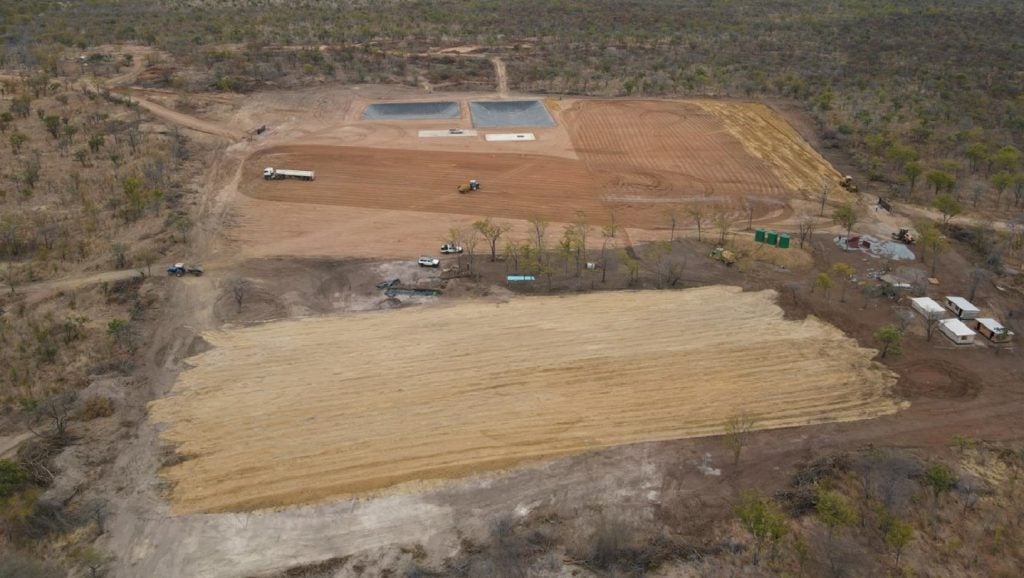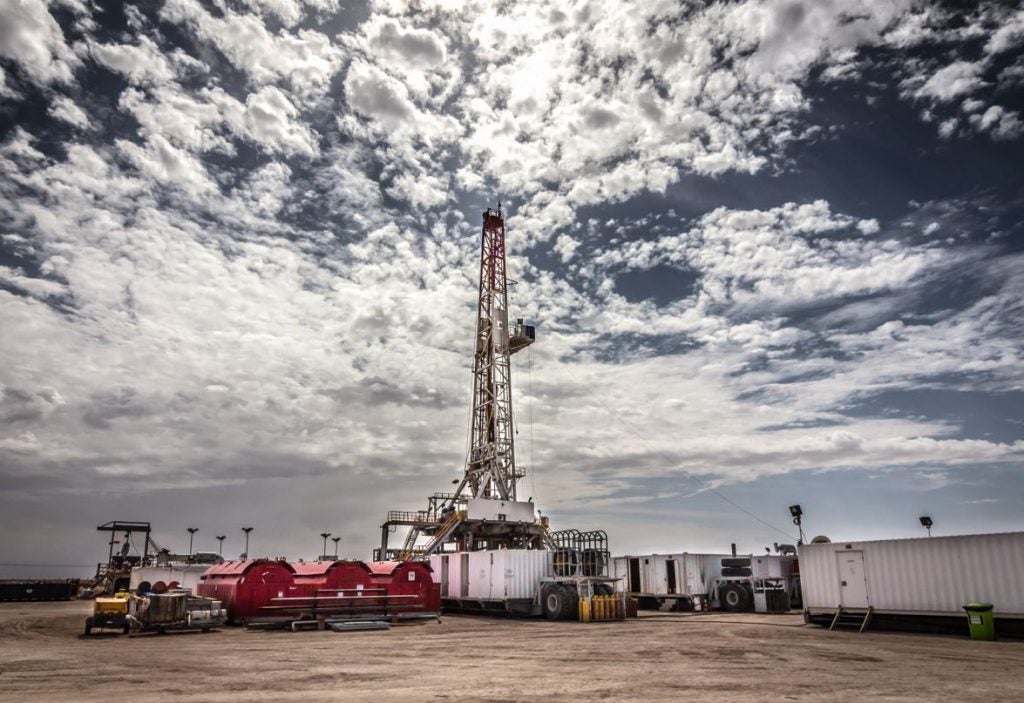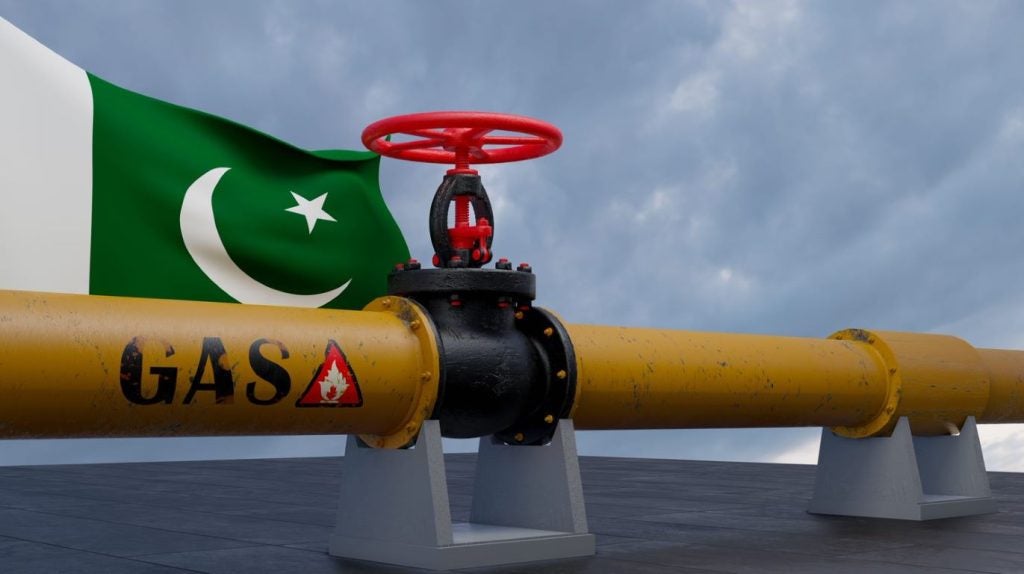Declining fossil fuel volumes coming from the North Sea, alongside the economic downturns resulting from Covid-19 and the Ukraine War, have seen governments create more favourable fiscal and regulatory conditions for the fossil fuel industry. These interventions, however, are locking in emissions for decades to come and maintaining the global dependency on finite oil and gas resources, according to a new report from think tanks the Stockholm Environment Institute (SEI) and Climate Strategies.
The research, examining North Sea oil and gas transitions across the UK, Denmark and Norway, has been published just as UK Prime Minister Rishi Sunak announces big expansion plans for North Sea oil and gas drilling, with at least 100 new oil and gas licenses due to be issued. Similarly, the Norwegian government offered 47 new production licenses on the Norwegian continental shelf in January and plans a record high number of exploration blocks in vulnerable Arctic areas.
SEI researchers conclude that, rather than “propping up” the oil and gas industry with fiscal and regulatory measures, governments should instead be taking the lead on phasing out fossil fuels. They should be looking to scale up investments into clean energy and transition technologies while removing fossil fuel subsidies and skewed taxation policies, with the recent energy and cost-of-living crises serving as harbingers of the cost of continued inaction.
Public support will be fundamental to the success of the energy transition, state the authors. Governments need to create participatory planning processes, including a range of stakeholders, to chart the path ahead and overcome resistance among the public and the fossil industry itself.
“Doubling down on oil and gas dependence is an unfolding tragedy of short-sighted political leadership, with long-term detrimental impacts for humanity,” Felipe Sanchez, policy fellow at SEI Headquarters – Climate Energy and Society Unit, said in a statement. “Our research shows that pathways ahead are conceivable when people are brought together, and that transparent and inclusive participatory processes are key to ensuring a just transition away from oil and gas.”















